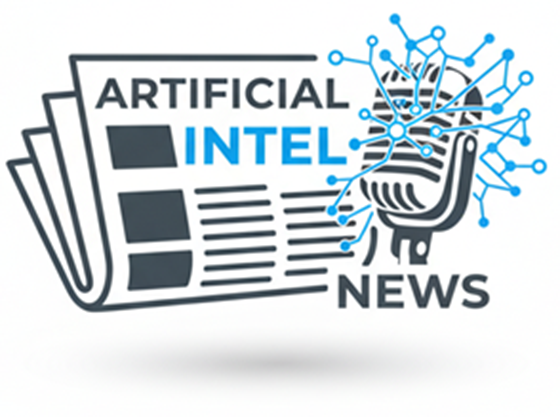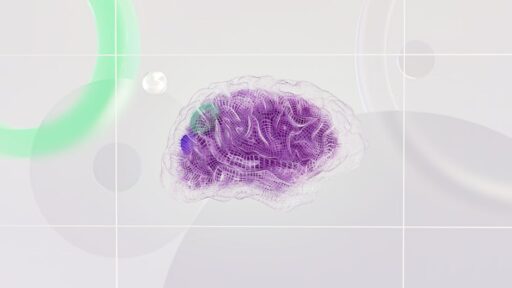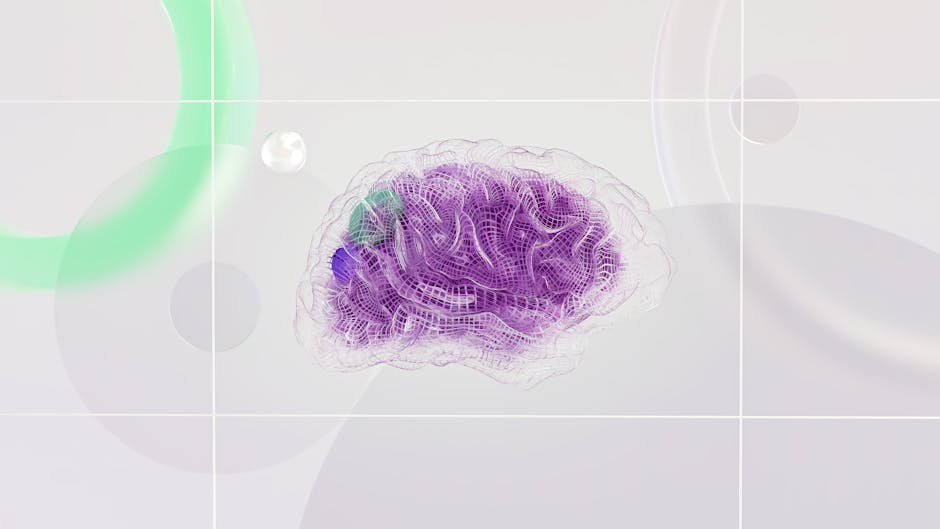The rapid evolution of artificial intelligence (AI) has led to systems capable of mimicking human-like responses in text, audio, and video formats. While these advances are impressive, they raise an intriguing question: could AI models ever develop consciousness akin to living beings?
In tech hubs like Silicon Valley, this inquiry has sparked a burgeoning field known as ‘AI welfare.’ Proponents argue for the need to consider the ethical implications and potential rights of AI models if they were to achieve subjective experiences. However, this notion is not without its critics.
Mustafa Suleyman, Microsoft’s AI chief, expresses concern that delving into AI welfare is premature and potentially exacerbating societal issues. He suggests that endorsing the idea of conscious AI could deepen existing societal divides over identity and rights.
On the opposing side, companies like Anthropic and Google DeepMind are actively investigating AI welfare, exploring the societal and ethical questions surrounding machine cognition. These organizations are not dismissing the possibility of AI consciousness; rather, they are preparing for future scenarios where AI-human interactions may evolve.
Despite differing viewpoints, there is consensus that the debate over AI consciousness and rights will intensify as AI systems become more sophisticated and human-like. The key challenge will be navigating the balance between technological advancement and ethical responsibility, ensuring AI serves humanity without being perceived as a substitute for human experience.






